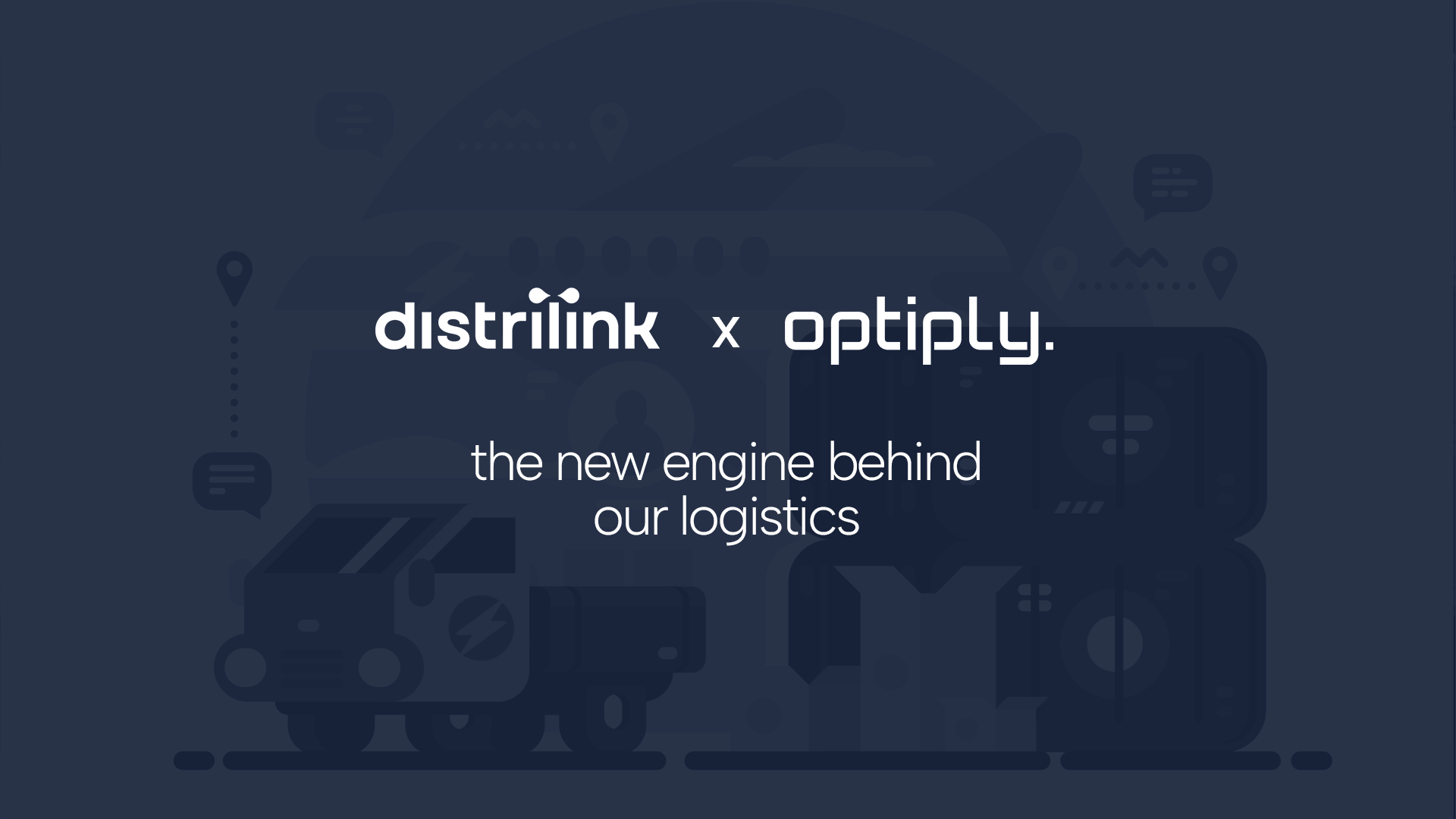Achieving sustainable sales and profits through channel diversification brings clear advantages for long-term business success. Spreading products across multiple (inter)national channels exposes your products to new audiences, increasing visibility and sales. This is key for scaling your brand, without compromising success on existing platforms.
Additionally, diversification mitigates risks by avoiding overreliance on a single platform (“Don’t put all eggs in one basket!”). When the market evolves, it’s important to safeguard your brand against potential declines in any particular marketplace.
"Don't put all eggs in one basket!"
Whether you’re a local player eyeing (inter)national markets or an established business diversifying your channels, the journey is riddled with challenges. Here are four key tips to navigate this complex terrain and ensure success.
1. Diversify Channels Strategically.
Mastering growth on one channel is just the beginning. Each stage of expansion demands a unique approach.
When diversifying channels, it’s crucial not to spread yourself too thin by trying to maximize efforts on every marketplace. Not all channels suit every product or brand equally, so it’s important to tailor your approach. Consider your product type, brand identity, and target audience when selecting channels.
Shopify
Amazon
Bol
Zalando
Zalando
Furthermore, each product page on a marketplace needs time to start gaining traction. As the products gain more reviews and page clicks, the products will appear higher in the search results and gather more sales.
There’s no one-size-fits-all approach, and companies need to carve their path based on their identity. Over time, you’ll learn what works and what doesn’t—embrace the successes and discard the less effective strategies.
As an overall tip, we always propose starting with a mainstream marketplace to learn the ropes and gain insights into the process. They are often easier to work with than a dedicated one, with better seller processes.
2. Efficient Logistics Management.
Efficient marketplace logistics require meticulous planning. Each marketplace has its own quirks and while building an omnichannel strategy, you need to work with the right partners for operations and inventory management.
What to focus on:
- Market Research: Understand the operational requirements of the marketplace, such as delivery timings and cancellation rates.
- Supply Chain Evaluation: Ensure readiness for new marketplaces with your logistics team, especially concerning specific online events like Black Friday or Prime Day.
- Outsource Fulfillment: Increase efficiency and shipping speed while preventing marketplace “strikes.” This will also have a positive impact on buyboxes and sales.
- Customer Service: Provide a streamlined customer experience 7 days a week in all languages across all channels. Develop a solid contingency plan for holidays or sickness periods. Consumers don’t accept that as an excuse for not responding.
Consider partnering with a dedicated third-party (like Distrilink) to handle the intricacies
3. Brand Control for Lasting Success.
Brand control is paramount in e-commerce, particularly on online marketplaces, where your brand’s perception is shaped by every customer interaction. Maintaining consistency in packaging, wordings & brand information across different channels ensures a seamless and trustworthy experience for buyers.
Effective brand control not only enhances marketplace sales and profitability but also contributes to a greater return on marketing efforts for your offline sales.
At Distrilink we can help you take control over your brand from other third-party sellers, as well as create an effective omnichannel strategy with enhanced brand content and consistent pricing.
4. Leverage Data Analytics.
Before venturing to different marketplaces, analyze your data on the marketplace where your brand is already successful. For example, it’s key for your brand to understand seasonality and on what keywords your products sell the best. You also should have some insights on what products perform the best on marketplaces, although there can be differences across multiple channels.
Analyzing data requires a comprehensible data infrastructure, with readible dashboards and automated data flows. Choose the correct data management software to gather valuable insights out of the big data.
Implementing these strategies on your own can be daunting. Alternatively, you can entrust your online retail to Distrilink, where our e-commerce experts can help you expand your brand across all leading European marketplaces.



